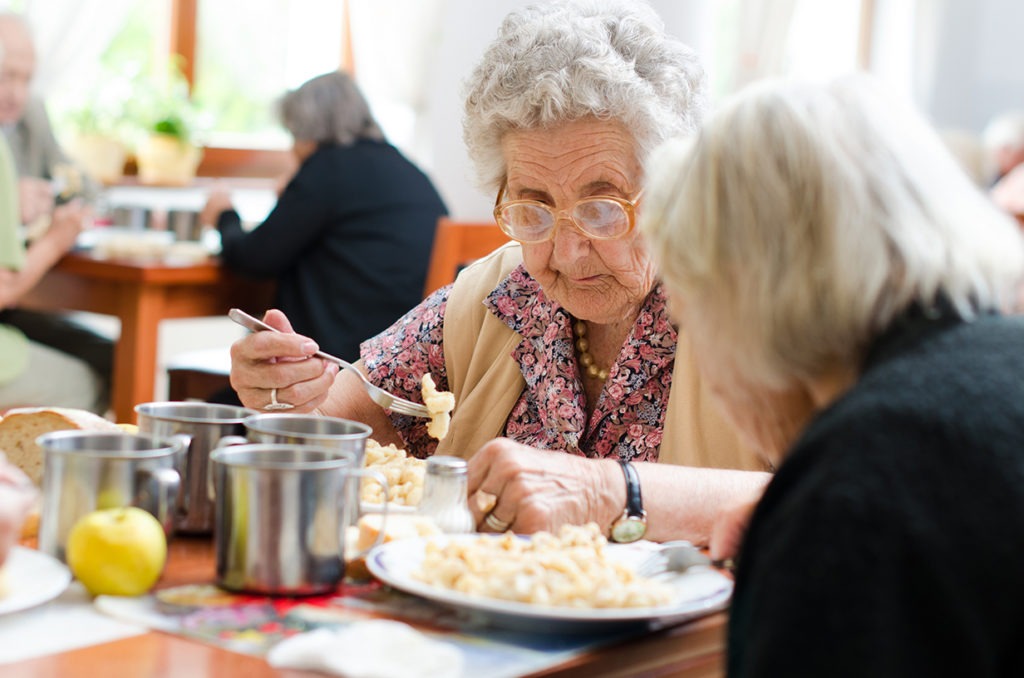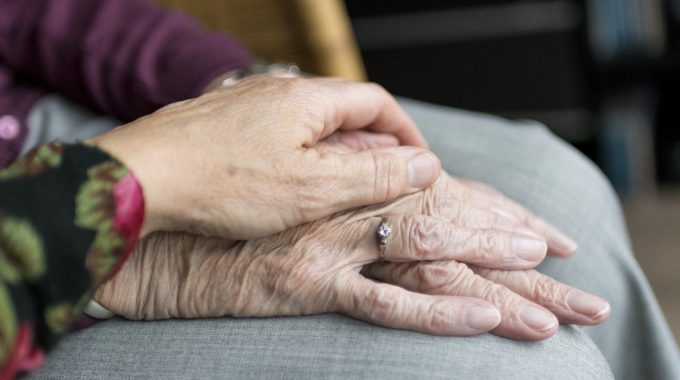The need to nourish our elderly
Food is an essential ingredient in everyone’s health and wellbeing, but it’s especially important for elderly people. Research has found that up to 70 percent of elderly Australians living in aged care facilities are suffering from malnutrition.
Last week, the Royal Commission into Aged Care Quality and Safety released a special report on the impact of COVID-19 on aged care. Among its recommendations, the report identified a need for immediate action to increase access for allied health practitioners, such as dietitians, to support aged care residents.
Food is always important, but this is particularly the case during times of uncertainty, such as a pandemic. Food nourishes both physical and mental health, and in times of loneliness and isolation, meals can be a source of comfort to aged care residents. When this comfort is removed, the impact on mental health is exacerbated.
“It was devastating to hear reports of people not being fed, or no support being provided to those who require assistance to eat and drink safely,” says Robert Hunt, CEO of Dietitians Australia. “Inadequate intake of food leads to malnutrition, lowering the body’s ability to fight infection as well as affecting mood. This creates a downward spiral, further decreasing appetite and exacerbating poor health.”

Malnutrition can also extend beyond those in acute or long-term care. For older Australians, malnutrition often begins at home, and can go undetected until it’s too late.
“Reduced appetite, unplanned weight loss, looser fitting clothes and ill-fitting dentures may all be signs of the onset of malnutrition,” advises Accredited Practising Dietitian Professor Judi Porter. “This is the chance for family, friends and care workers to check in with their loved one or client and seek support from an Accredited Practising Dietitian if they notice these changes, or need nutrition advice.”
While there are many factors which can contribute to malnutrition, understanding how our nutrition needs change as we age is vital to prevent this decline.
“How we eat when we’re 25 compared to 65 varies greatly as our health needs change,” says Professor Porter. “Too often, dietitians see older Australians at risk of malnutrition because they’re still eating in a similar pattern for their younger selves. Dietitians work with older adults to help them adapt their diet to meet their nutritional needs. We don’t need to accept that older adults become frail. Preventing malnutrition starts at home.”
To find an Accredited Practising Dietitian near you, head to dietitiansaustralia.org.au









